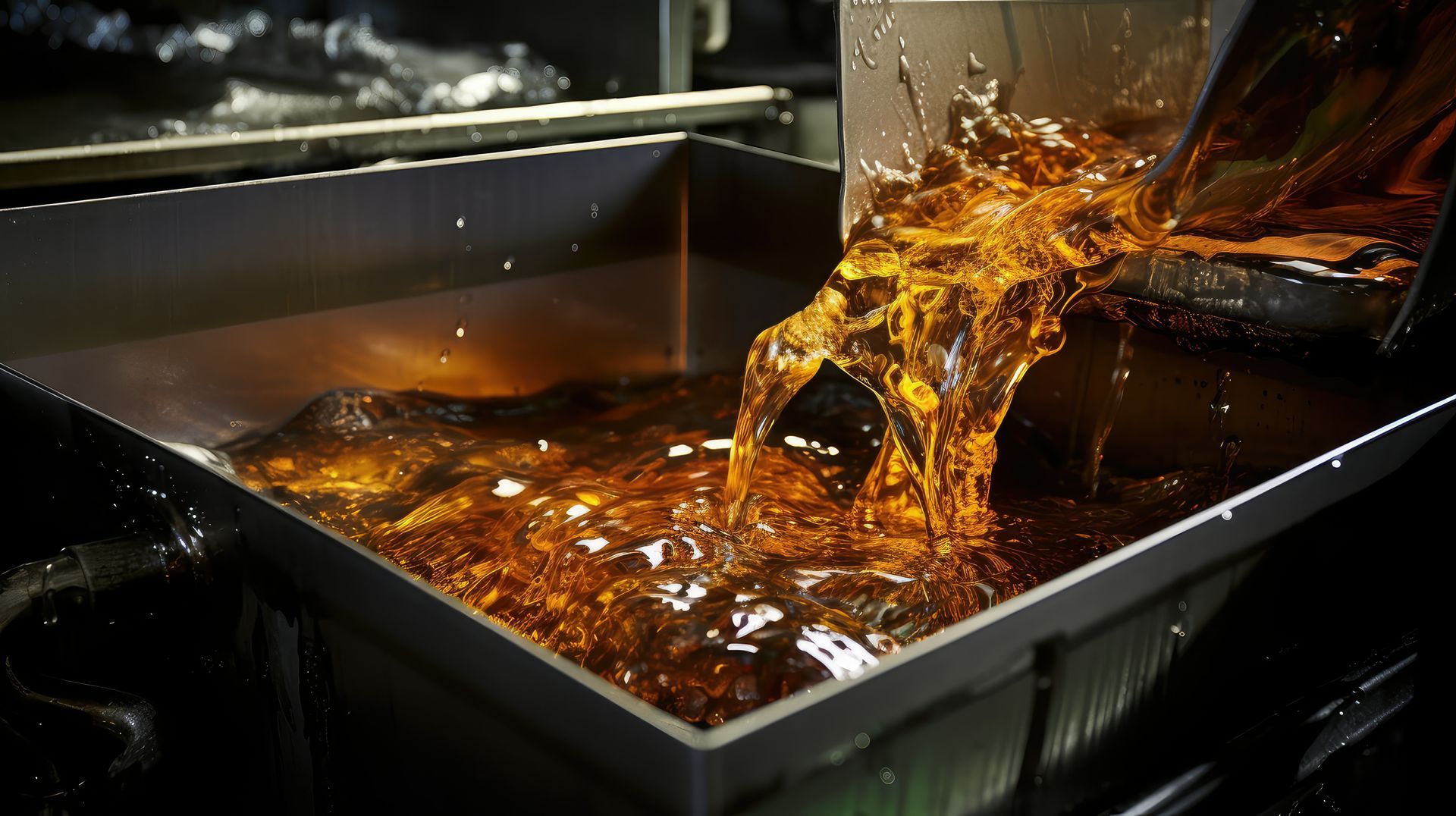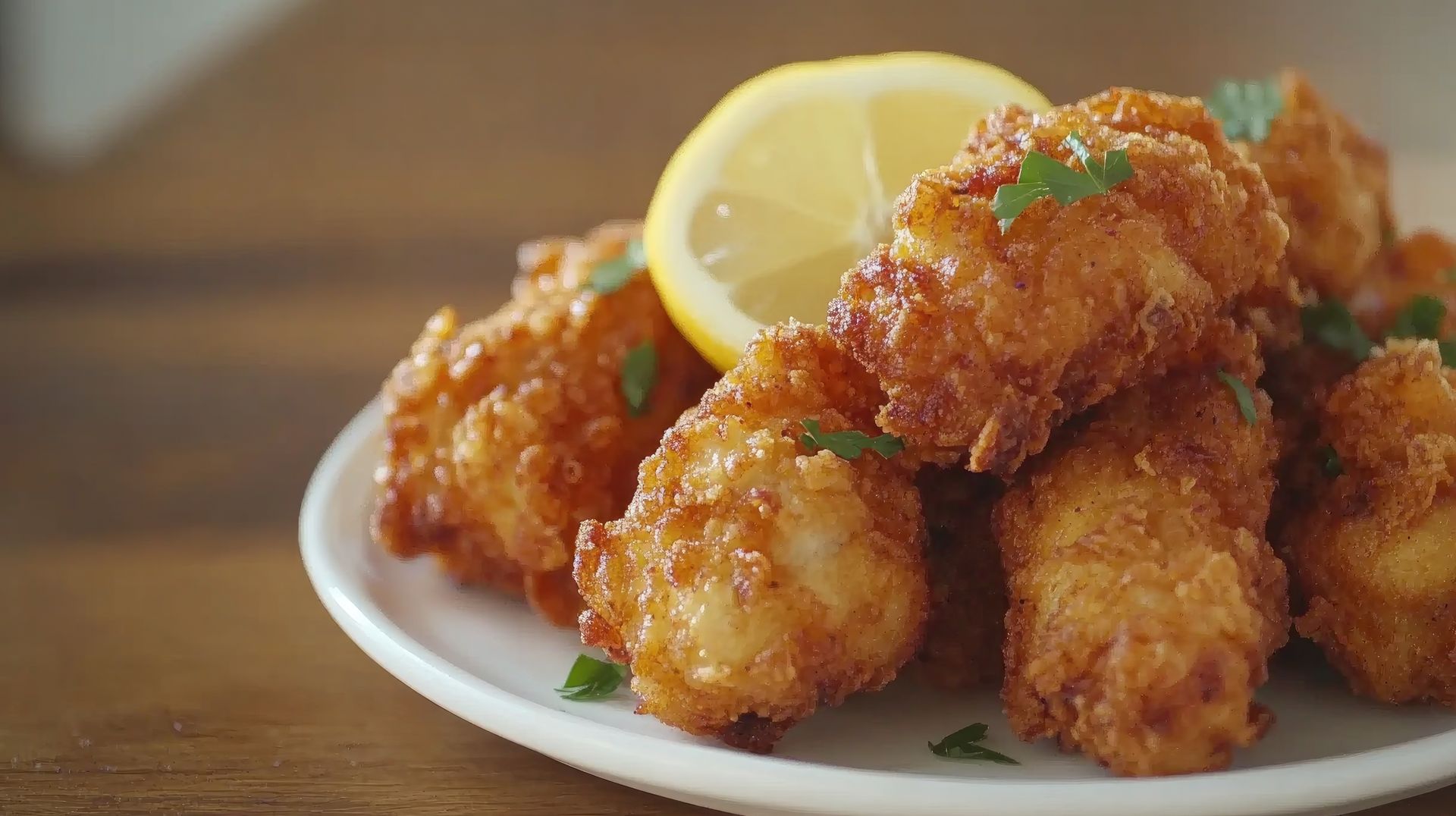Call Today for a FREE Quote
(404) 419-6887
How People Recycled and Repurposed Fryer Oil Before Biofuel

Biodiesel, as a large-scale recycling solution, is a relatively recent development. It wasn’t until the early 2000s that processing used fryer oil into biodiesel became a commercially viable oil recycling option. Many methods of repurposing various cooking byproducts were used for centuries, and in some cases millennia, prior to the adoption of oil-to-biodiesel recycling.
Household Uses: From Soaps to Candles
- Soap Making – One of the oldest ways to reuse grease was in soap production. People combined leftover animal fats or bacon grease with lye to create homemade soap, a practice dating back centuries.
- Candle Making – Tallow (rendered fat) was a key ingredient in early candle-making, providing a cheap alternative to beeswax.
- Cooking and Baking – Before vegetable oils became widespread, people saved bacon grease and beef tallow for cooking. Some still do, using it to fry eggs, season cast iron skillets, or add flavor to dishes.
Industrial and Military Uses
- Lubricants and Axle Grease – In the early industrial era, waste fats were used to lubricate machinery and wagon axles. Grease kept gears and moving parts running before petroleum-based lubricants took over.
- WWII and Fat Drives – During World War II, governments encouraged people to save and donate cooking grease. Collected fats were processed into glycerin, a key ingredient in explosives like nitroglycerin. Posters urged people to turn in leftover grease as part of the war effort.
Animal Feed and Livestock Uses
- Pet Food – Even today, rendered fats from fryer oil are used in pet food production to enhance flavor and provide calories. Before biofuels, much of the waste oil industry focused on supplying animal feed processors.
- Livestock Feed – Farmers sometimes used small amounts of cooking oil to mix with animal feed, adding calories for livestock.
Cosmetics and Personal Care Products
- Lotions and Skin Care – Some early skin creams contained rendered animal fats or plant-based oils as moisturizers.
- Hair Products – Before synthetic alternatives, pomades and hair treatments used greases and oils to add shine and hold.
How Waste Oil Became a Viable Feedstock for Biodiesel
Initially, biodiesel production relied on virgin vegetable oils like soybean and canola oil, but these were expensive and competed with food supplies. The search for a cheaper, more sustainable alternative led refiners to explore used fryer oil as a raw material.
Unlike fresh vegetable oil, waste cooking oil contains food particles and impurities, making it harder to process. However, advances in filtration and refining technology made it possible to convert used oil into high-quality biodiesel.
The transesterification process, which chemically transforms fats into fuel, was refined to handle used cooking oil efficiently. Once biodiesel production scaled up, demand for fryer oil skyrocketed, turning what was once a disposable byproduct into a valuable commodity.
How Fryer Oil Recycling Works
Before the biodiesel boom, restaurants often had to pay for grease disposal. Today, fryer oil recycling companies like Southern Green Industries offer collection services, paying businesses for what was once waste.
The process begins with restaurants and food service businesses storing used fryer oil in designated collection bins. Depending on the setup, these bins may be outdoors, enclosed in secure containers or built into the kitchen’s waste system.
Once collected, the oil is transported to a processing facility, where it undergoes multiple filtration and purification steps. Impurities like food particles and water are removed to ensure the oil meets quality standards.
The cleaned oil then goes through chemical processing, where it is converted into biodiesel through transesterification. During this process, the oil’s fatty acids react with methanol and a catalyst to produce methyl esters (biodiesel) and glycerin.
Because fryer oil is cheaper than virgin vegetable oil, it has become a preferred feedstock for biodiesel production. This shift has significantly reduced waste and improved sustainability, ensuring that used fryer oil is repurposed in the most efficient way possible.
While some waste oil is still used in animal feed and industrial applications, biodiesel remains the most profitable and environmentally friendly use for recycled fryer oil today.
Become Part of the Solution and Get Paid a Fair Price for Your Waste Oil
Food service businesses in Atlanta who are looking for a dependable partner for their fryer oil recycling should call Southern Green Industries. We provide a convenient dashboard for maximum transparency and accountability and can schedule regular pickup times to make your oil recycling easy and effortless.
Call us at (404) 419-6887 to get started.
Recent Blog Posts
Contact us Today for a FREE Quote
We are committed to making grease trap cleaning and fryer oil recycling as clean and easy as possible. If you’d like to learn more about our services or get a quote, give us a call at (404) 419-6887.
Southern Green Industries is an Atlanta owned and operated grease trap cleaning and fryer oil recycling company operating in Atlanta and throughout the entire state of Georgia.
All Rights Reserved | Southern Green Industries | Built by REV77



